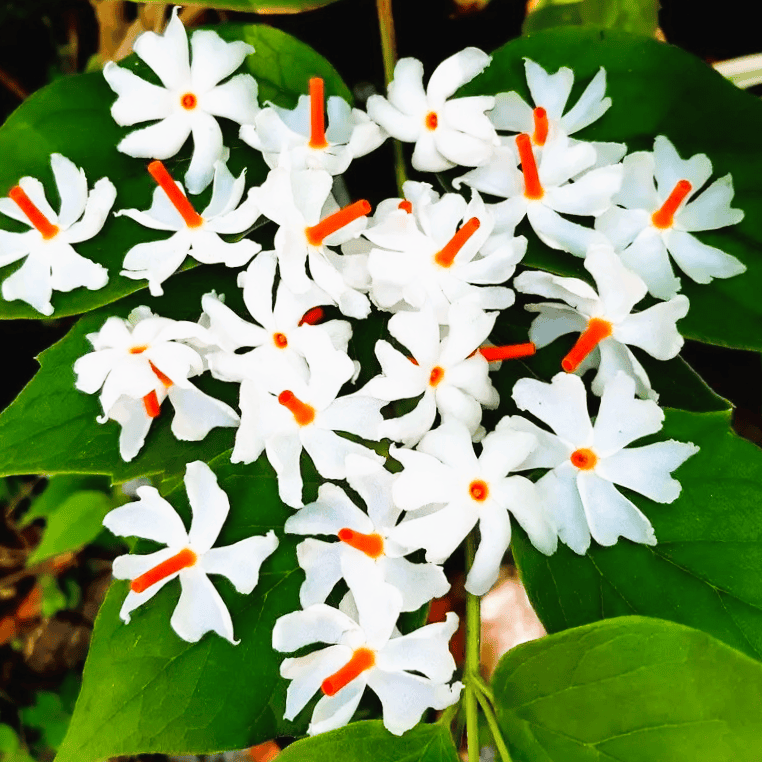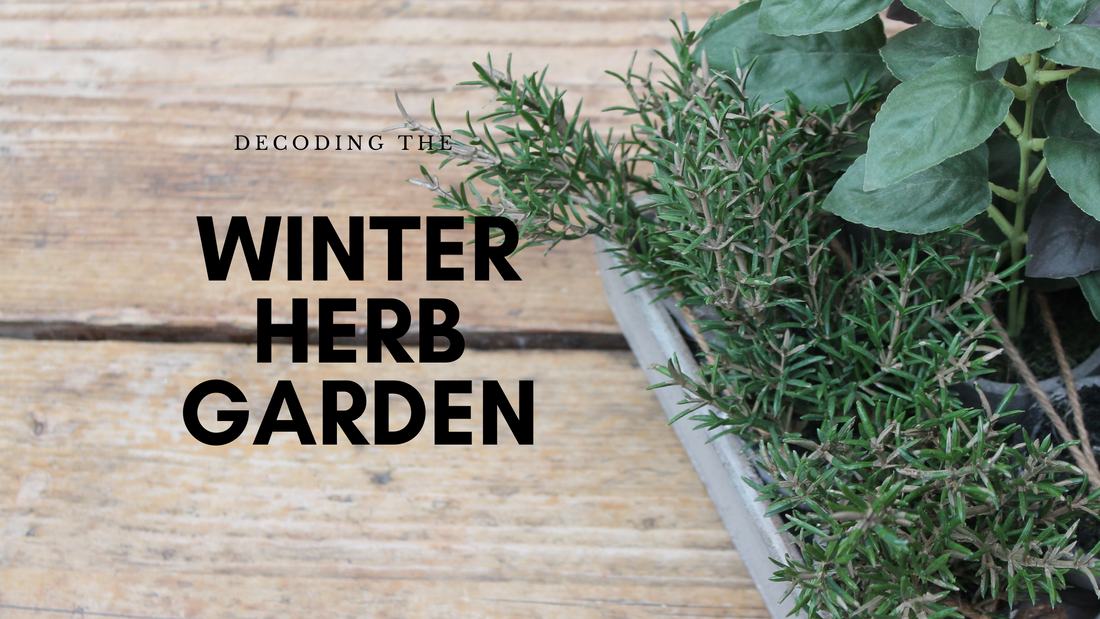
Herbs play a very special role, especially in the Indian Cuisine. With all the curries and vegetables, we just cannot ignore the strong aromatic flavors of coriander, mint and the numerous other herbs that we use. And if they are fresh, it just notches up in the taste quotient. With such a predominant role of herbs in our kitchen every day, having a winter herb garden, just makes sense! Winters might be cold and harsh, but in a tropical country like ours, the cool weather, especially in the southern states, is a perfect time to grow (and eat!) your herbs.
The best part? No space constraints. Yep, you heard it right. You can have your own little aromatic paradise even if you are living in an apartment.
Our Favourite Herb Plants

Here are some herbs, that would love the winters, just as much as we do!
Rosemary Plant

Essentially a perennial herb, Rosemary survives winters like a pro. These are aromatic smelling herbs, that have thin leaves and are super easy to maintain. All they need is a good amount of sunlight and regulated watering, and they will be good to go. With the medicinal uses of this herb getting more traction globally, this is one herb that is power-packed with anti-oxidant properties. Rosemary Oil is a popular contributor in Aromatherapy, and it helps in reducing hair loss, stretch marks and other aspects in the cosmetic industry. In the culinary universe, it is popular ingredient to be added when you are cooking meat like lamb and beef, and compliments the pungent flavor of garlic in the dish.
(Looking for a Rosemary Plant? Get your plant here!)
Mint Plant

If you haven't had a lot of luck with herbs, then this might be a good plant to restart your herb garden. Unlike other herbs, that might be difficult to grow, Mint is an invasive variety, so you might have issue in controlling the spread, rather than growing it. We highly suggest to grow these in containers to stop it from growing just about anywhere. Rich in Phosphorus, Calcium and Vitamin C, D and E, it helps greatly in digestion, and has anti-bacterial and anti-fungal properties. The plant has not only invaded our gardens, but has also invaded the beverage industry, with it fresh flavor to compliment a variety of drinks and liquors. Talk about an all rounder, yeah?
(Looking for a Mint Plant? You can check this out!)
Basil Plant

Quite literally, one of THE most popular herb, we can come across, just might be Basil. Do we even have count on how many farm fresh Basil Mozzarella Pizzas we have had till date? One of the versatile herbs in our list, these plants grow a bit slow, but grow throughout the year- with every country having their own variety. Loaded with Potassium, Vitamin A, K and Calcium, they help greatly in stomach spasms, kidney conditions etc. The compound Eugenol in Basil blocks the calcium channels, that ultimately helps to lower the blood pressure. As an essential oil, studies suggest it does help to lower the risk of arthritis and other inflammatory issues. However, since it is a strong herb, do consult a doctor before you use the oil.
Thyme Plant

These sturdy little herbs, with their beautiful lemony flavour, are perfect to grow through winters. Very tolerant on negligence an am amateur plant parent's best friend, if you are not big on plants, but big on food, and love the fresh aroma it infuses in the dish, then this is it! This, is your plant. However, be a little sparse when you are taking from the plant. Cutting off all the foliage stunts the growth of the plant, and prevents the new leaves from growing well. Thyme is soon making its own spot in various industries as an active component to reduce acne and lowering the blood pressure. Is it about Thyme, you get this herb?
Important Tips for growing herbs
That being said, here are a few tips to help your herbs grow well:
- Don't pot a variety of herbs in one container. Invasive herbs like Mint and Ajwain often stops growth for the other herbs.
- Use fresh potting mix, with a little less quantity of cocopeat for the plants, since too much of soil moisture leads to rotting.
- Keep the plants in a sun drenched corner, and water accordingly for best growth.
- Do note that winter is a dormant season for a lot of plants. If exposed to temperatures below 10 degrees, it is much better to bring them back indoors during the cold nights to avoid getting them wilted.
And there you go! A perfect little winter garden to complement you perfect dishes. With a few simple steps as such, you can have your very own stock of fresh herbs that will simply elevate the taste of your cuisine and also provide a bunch of medicinal properties.
(Thinking of getting your own Herb Garden Set to start this flavorful Journey? Do have a look at this amazing Herb Garden Set!)


